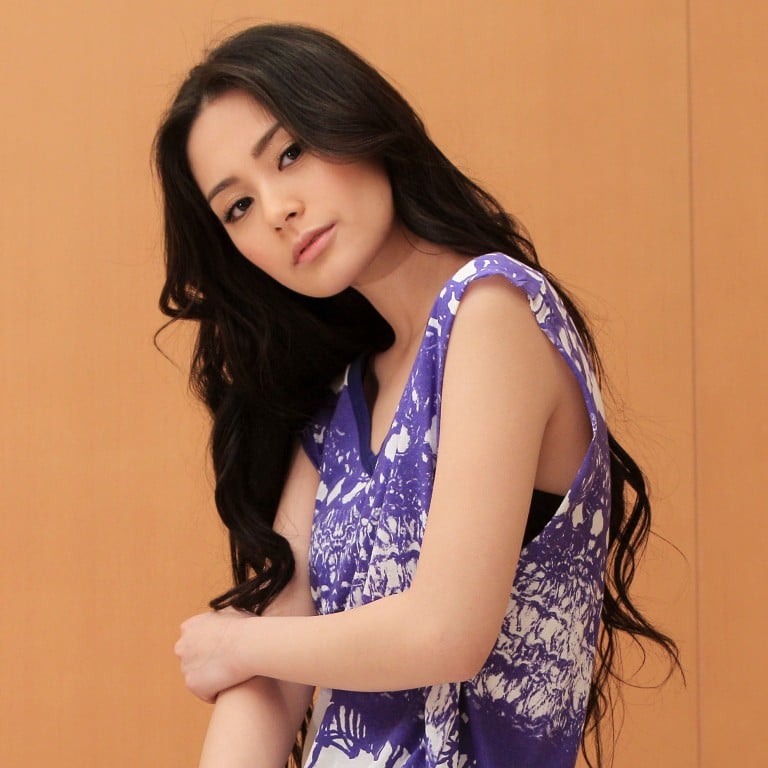
Profile | How Gillian Chung of Cantopop duo Twins survived the Edison Chen photo scandal to keep thriving as a singer and actress
- Gillian Chung debuted in 2001 as one half of girl duo Twins. Her career was rocked in 2008 when private photos of her with singer Edison Chen were leaked online
- The scandal over the intimate photos led to Chung taking a hiatus from the industry – but 16 years after the incident, she is thriving as a singer and actress
Many Hongkongers today will remember the phenomenon of Twins, the Cantopop girl duo who dominated music, film and television for the better part of the 2000s.
Unfortunately, one half of Twins, Gillian “Ah Gil” Chung Yan-tung, has had a rather difficult time in the public eye since 2008.
Born in 1981 in Hong Kong, Chung was raised by a single mother and graduated from the all-girls Kowloon True Light School in Kowloon, soon after which she was discovered for her looks.

In 2001, Chung, then 20, debuted with Choi, 18, as Twins. The duo played off their youthful energy and their songs often referenced high-school life and young love.
From selling phones to calling the shots, why we love actor-singer Leon Lai
Their eponymous debut EP Twins went platinum in the first week and, by the end of that year, the pair had swept many newcomer and group titles at music award shows.
Their early success can be partly attributed to EEG for assigning them hits-to-be from acclaimed composers and lyricists such as Ronald Ng Lok-shing, Albert Leung (also known as Lam Chik) and Wyman Wong. They were also heavily promoted through print commercials, magazine covers and radio and television shows.
Of course, the pair’s good looks did not hurt. “Chung is very pretty and Choi is cute. Both are energetic and different from other local idols,” said Mani Fok Man-hei, director of the artist management division at EEG, in 2001.
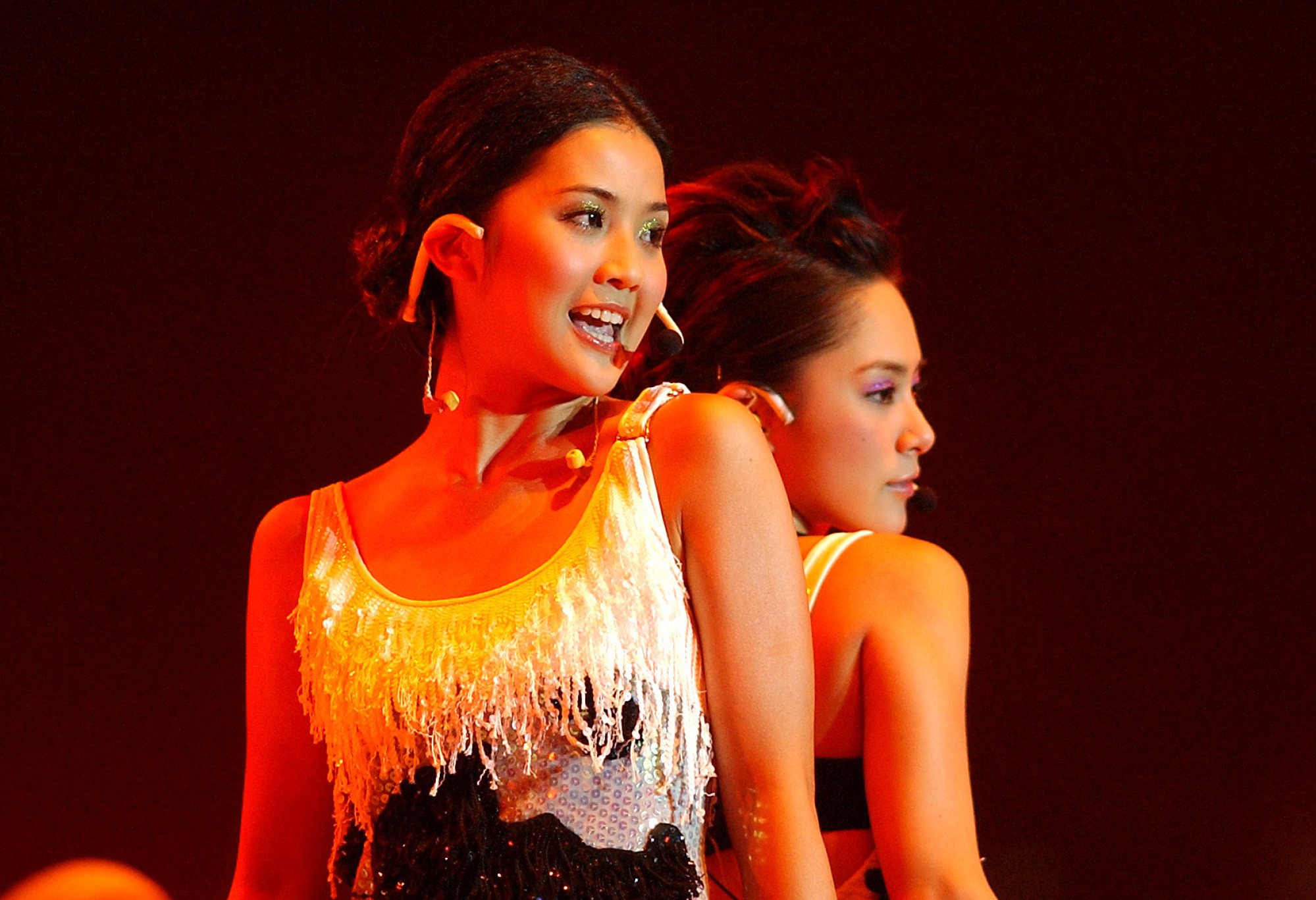
Altogether, it was a marketing success story. In 2002, less than two years after their debut, the duo became the youngest female Cantopop group to headline concerts at the Hong Kong Coliseum.
They also began acting, and many of their films were box-office successes thanks to their popularity and fan base.

In 2006, a Hong Kong tabloid published photos of Chung changing backstage. She was scarred by the incident, saying: “They act like they have a right to do it. Whenever I go out nowadays I have to look around to make sure everything is OK.”
Both the Hong Kong Journalists Association and the Hong Kong Federation of Journalists strongly condemned it as a breach of professional ethics and a serious infringement of personal privacy. Several women’s organisations in the city criticised the incident as a violation of female dignity.
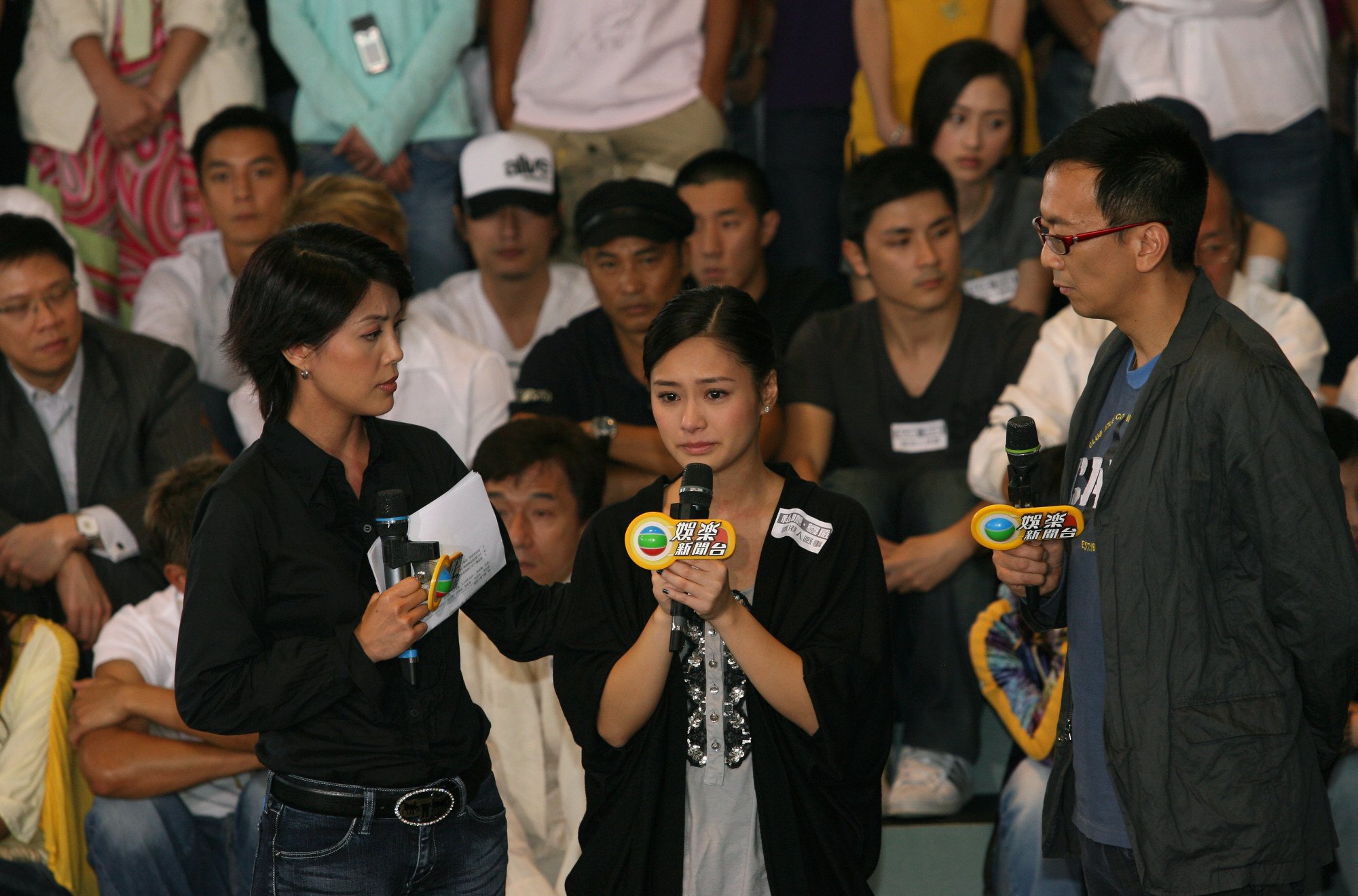
Despite this, Twins went on to mesmerise Hong Kong and Asia, and even their concert DVDs were bestsellers.
Everything changed in January 2008, when hundreds of private photos stored on fellow actor-singer Edison Chen Koon-hei’s laptop, taken during intimate moments with Chung that reportedly took place between 2003 and 2006, were leaked on the internet.
The photos showed not only Chung but a dozen other women with Chen, many of whom were also celebrities, including film star Cecilia Cheung Pak-chi and pop singer Bobo Chan Man-woon.
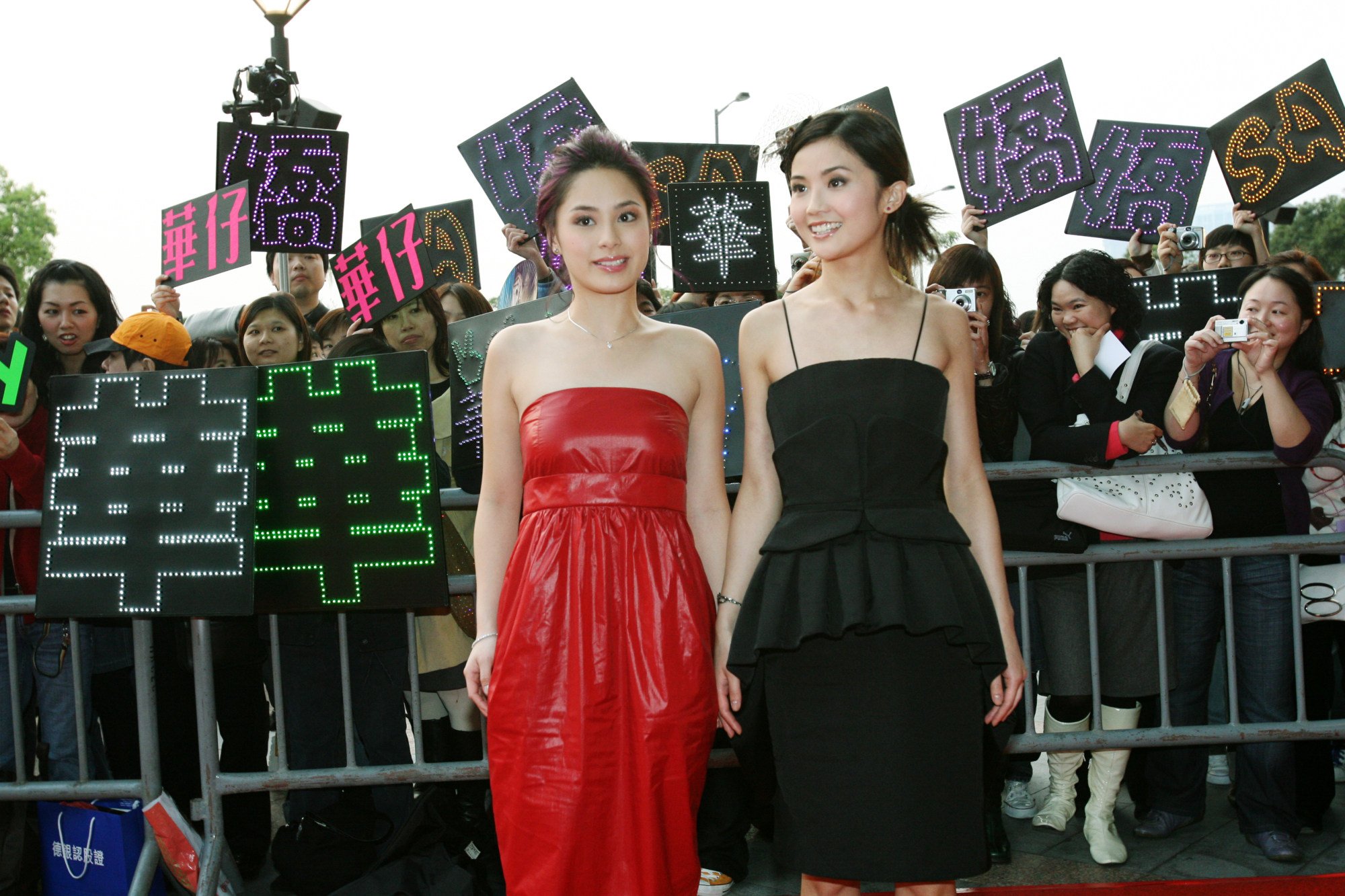
It was a high-profile affair that escalated rapidly. Between late January and mid-February, as the hacker posted more nude images online, many publications headlined the story and relegated more important news to secondary coverage.
On February 11, Chung, then 27, admitted in a public apology that she was “too naive and silly”.
With her flawless image tarnished, her words were heavily mocked online and became a running gag. Even Chung’s reaction to the photos in 2006 was later criticised as disingenuous.
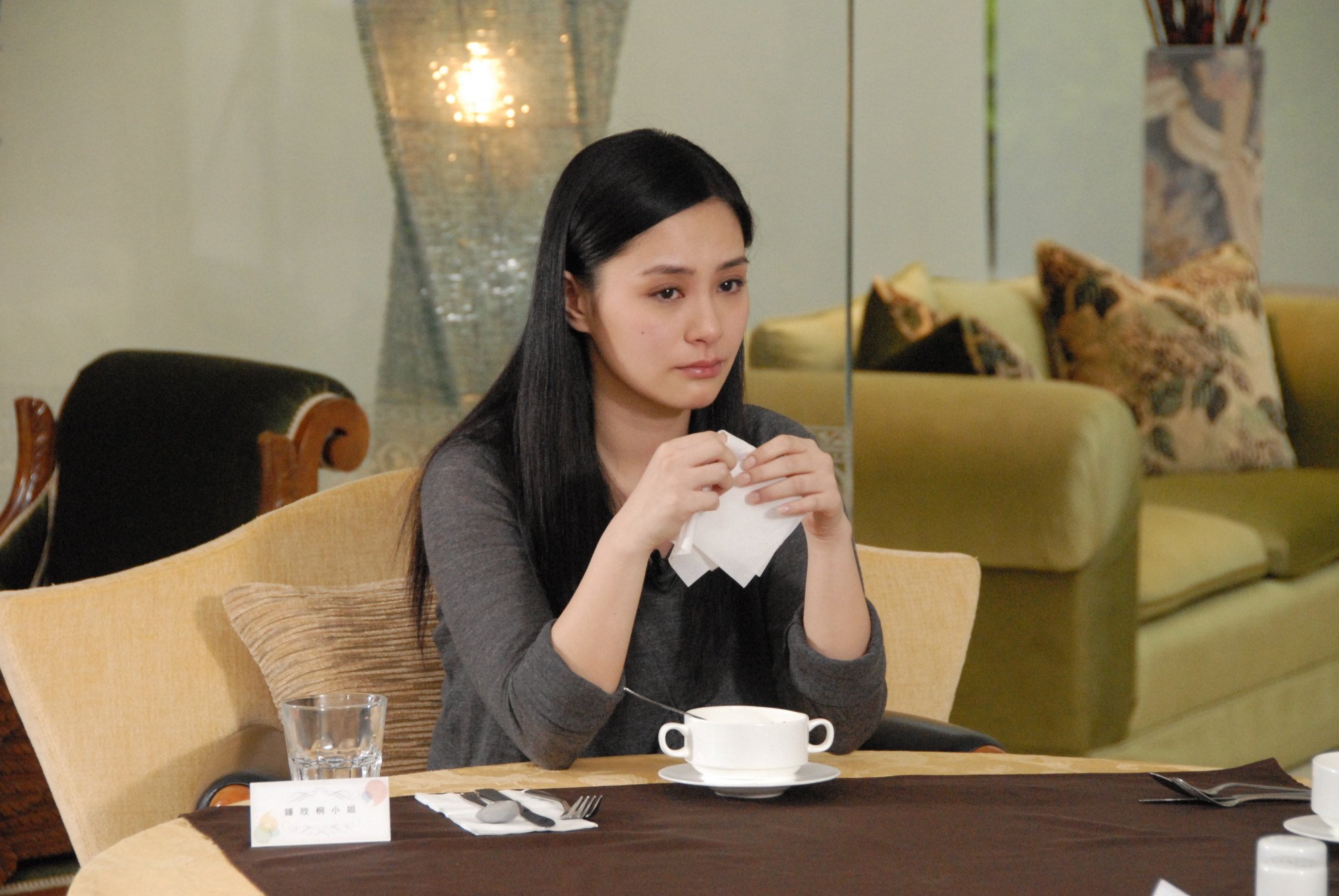
Dr Sonia Wong Yuk-ying of the Chinese University of Hong Kong’s gender studies programme recalls the scandal as being horrifying. “People shared the photos as a favour for socialising, very much like how, among male friendship circles nowadays, we still hear about exchanging porn as social capital.”
Discussions at the time revolved around slut-shaming and victim-blaming and how the female victims were “stupid, morally bankrupt and ultimately responsible” when they merely engaged in consensual intimate exchanges in the safety of a private bedroom, Wong says.
In 2009, over a year after the incident, Chung appeared on a talk show and clarified that her use of the words “naive” and “silly” referred to her mistake in loving Chen and in taking part in the photos because she feared losing him.
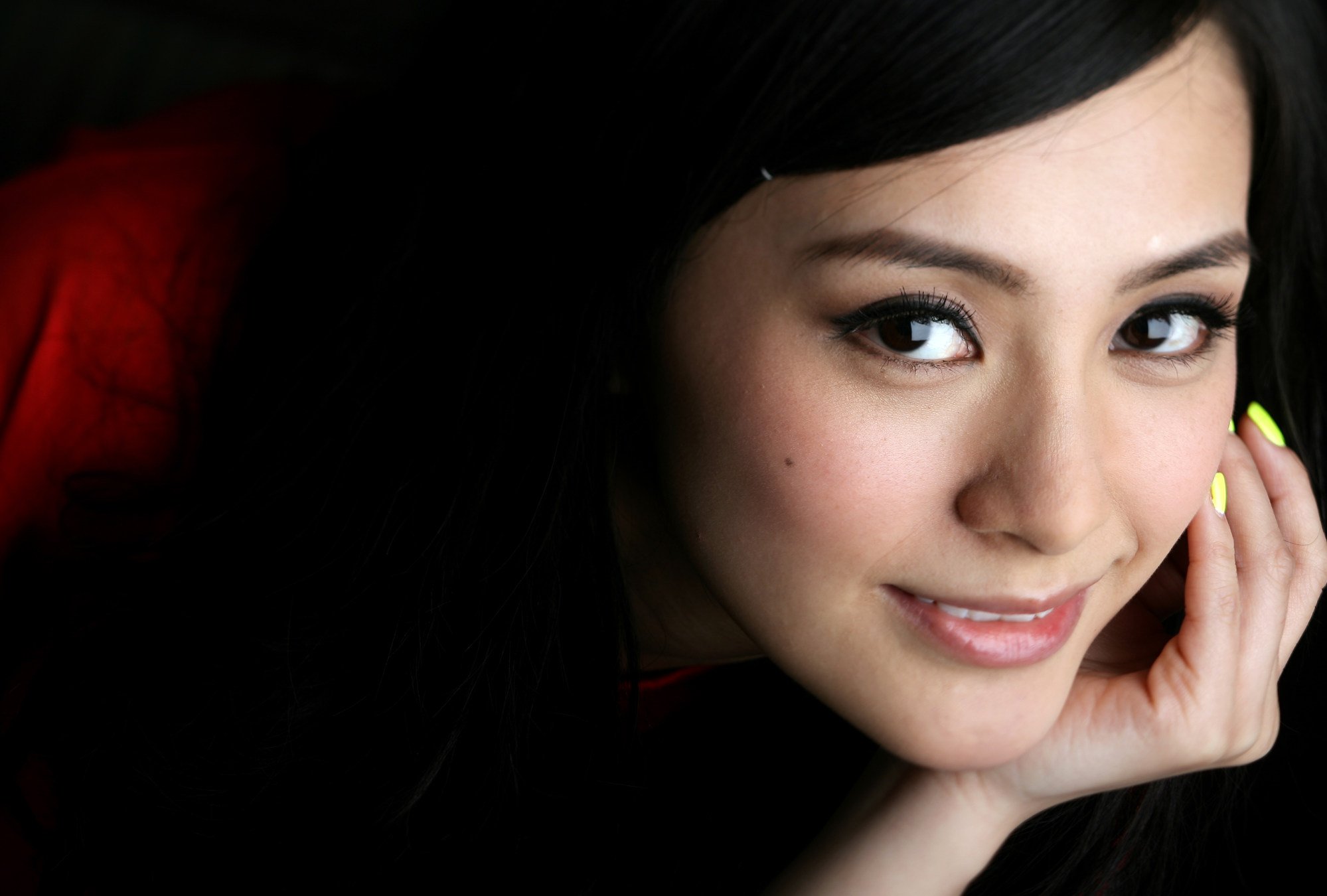
Although he had strung her along for five years since her debut in 2000, Chung considered Chen her “greatest love” and someone who had profoundly influenced her.
However, Chung added: “I have had nothing to do with him any more, so whether I forgive him does not matter … I will not see him again.”

Later that year, Chung returned to the entertainment industry after a year-long hiatus. Although Twins managed to regain some of their former glory, particularly in the mainland Chinese market, things were never quite the same.
Whenever talk of a new romantic interest arose, Chinese tabloid media would tirelessly bring up the photo scandal, such as when Chung was involved with an entertainment entrepreneur for 10 months in 2012 and 2013.
The same thing happened in 2017 when she went public about her then-boyfriend Michael Lai Hong-guo, a Taiwanese doctor. A few months later, she announced on social media that she and Lai were engaged.

The couple separated in 2020. Not surprisingly, internet users rushed to leave sarcastic comments on Lai’s social media, even though the photo scandal had occurred 12 years earlier.
One of Lai’s replies read: “Do you have a conscience? That’s not her fault. What’s wrong with you?”
Wong says: “Within the discourse of the 2008 incident, women exercising their sexual freedom was not permitted, and any consequence was the punishment they deserved: their photos ‘deserved’ to be leaked, they deserved to be bullied and harassed, and their careers deserved to be tarnished forever.”
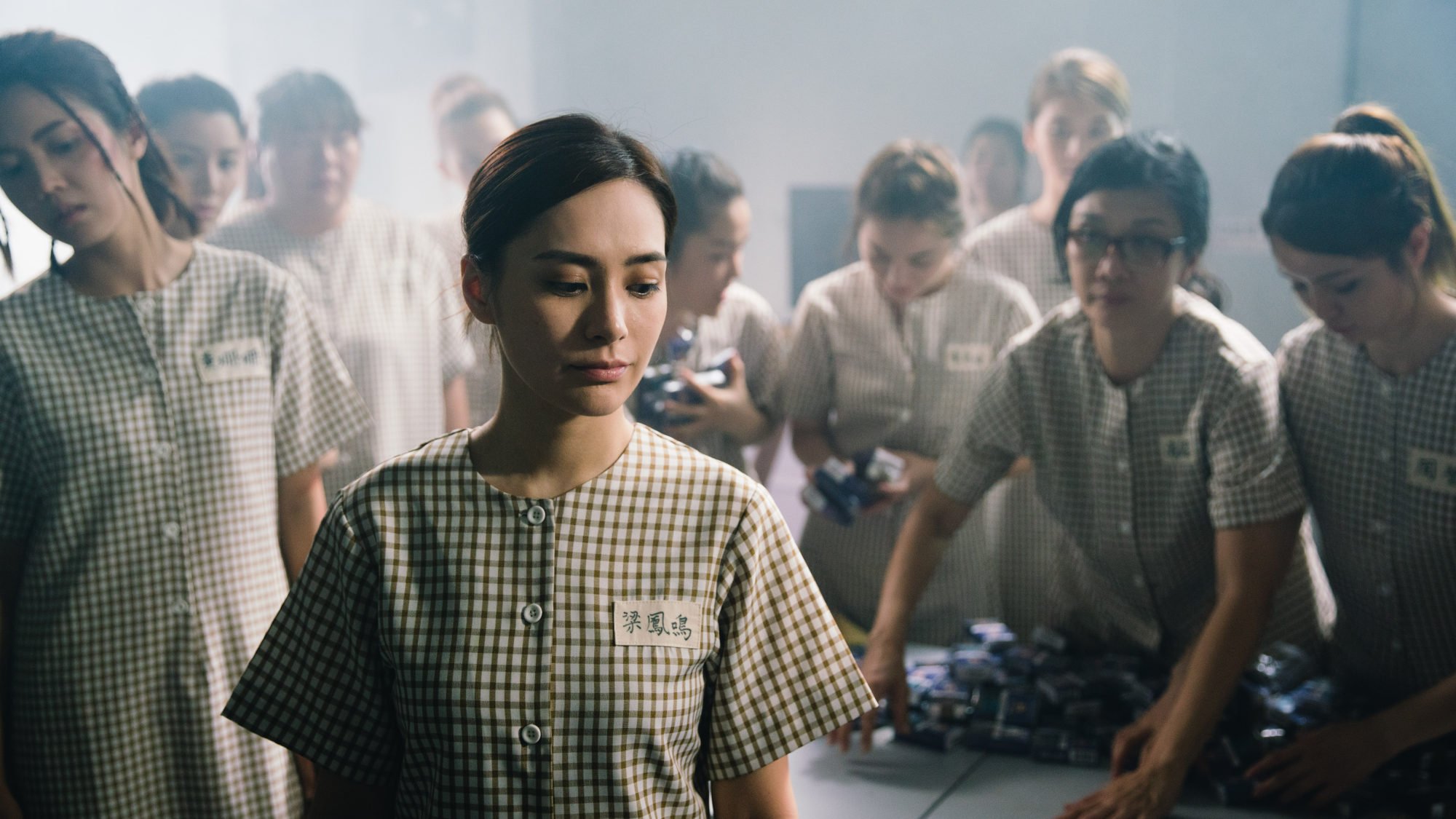
Wong adds that while Chen was viewed by some “as a hero who conquered the top female stars of his time”, Chung was never able to truly claim victimhood because “she said yes to taking the photos”.

Still, no one can say she has not been making the most of her career in the 16 years since the incident. Indeed, Twins will return to the stage of the Hong Kong Coliseum from January 21 to February 6 as the duo celebrate their latest anniversary with a series of 14 concert performances.











